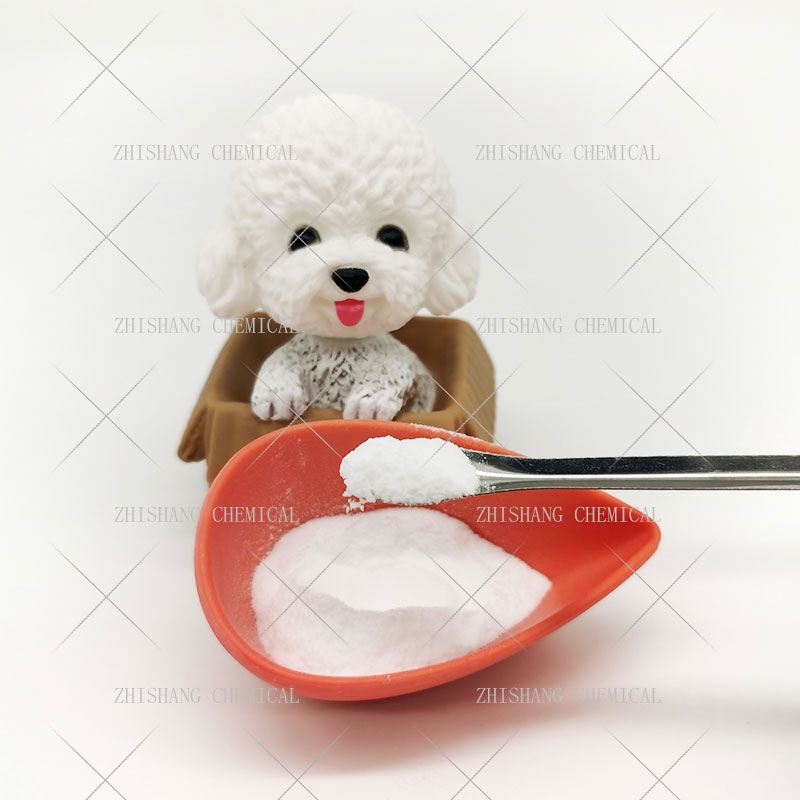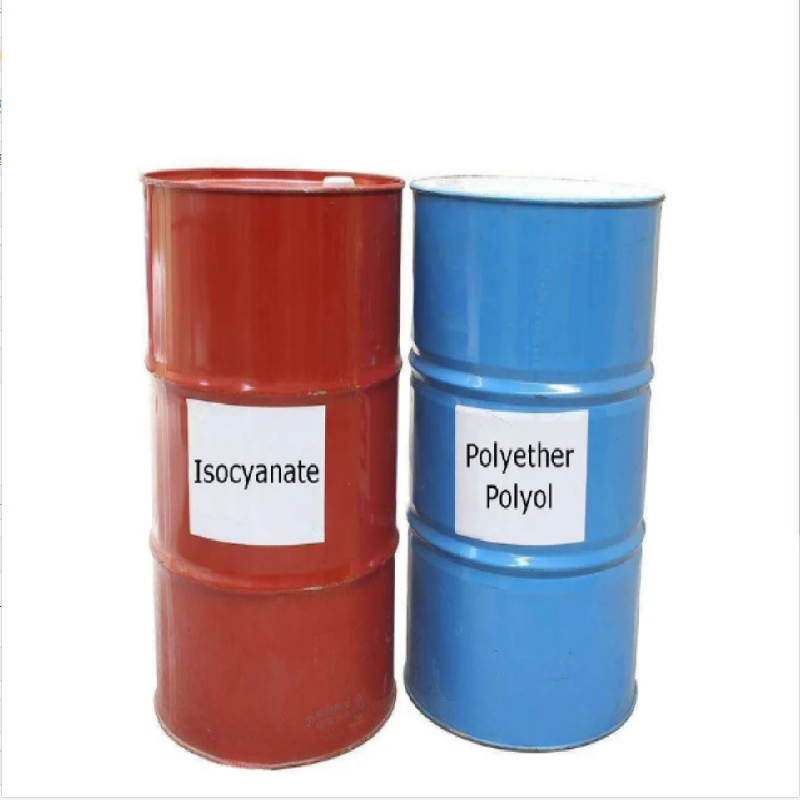-
Categories
-
Pharmaceutical Intermediates
-
Active Pharmaceutical Ingredients
-
Food Additives
- Industrial Coatings
- Agrochemicals
- Dyes and Pigments
- Surfactant
- Flavors and Fragrances
- Chemical Reagents
- Catalyst and Auxiliary
- Natural Products
- Inorganic Chemistry
-
Organic Chemistry
-
Biochemical Engineering
- Analytical Chemistry
-
Cosmetic Ingredient
- Water Treatment Chemical
-
Pharmaceutical Intermediates
Promotion
ECHEMI Mall
Wholesale
Weekly Price
Exhibition
News
-
Trade Service
The easy-to-process PES grade epoxy resin was developed specifically to meet the growing aviation/aerospace demand for carbon composites.
aerospace industry has been looking for hard, strong, lightweight materials to cope with rapid temperature changes, a wide range of chemical exposure environments, and excellent fatigue resistance for long life. Thanks to composite-intensive aircraft such as the 2011 Boeing 787 Dreamliner and the 2015 Airbus SE's A350 XWB, the use of composites on commercial aircraft can significantly reduce fuel consumption and maintenance, improve corrosion and fatigue resistanceTo better support U.S. aerospace/aerospace customers, Sameh Chemical has developed two new levels of higher viscosity epoxy resins for easier processing, as well as new levels of polyether pyrethroid (PES) additives to improve the fracture toughness and resistance of carbon fiber-reinforced epoxy composites.
to meet the aviation industry's demand for high-performance and high-productivity carbon composites, Samemoon Chemical has developed two new grades of epoxy resins for pre-immersion production. With standard aerospace grades - Sumi-Epoxy ELM 434 has a viscosity of 11,900 mPa-s - the new -434L has a viscosity of 8,200 mPa-s and the new 434VL has a viscosity of 5,100 mPa-s. Sumayou also offers two high temperature grades (Sumi-Epoxy ELM-100 and 100H), both of which have Tgs of 260C, while the standard temperature for ELM-434 is 230C.
sumo has also expanded the supply of Sumika Excel PES micron powder tougheners for epoxy composites. In addition to its standard Class Sumika Excel 5003P, a new lower molecular weight 2603P class has been introduced. The viscosity of the standard 5003P scale is 0.52 dl / g, while the viscosity ratio of the new 2603P scale is 0.26 (both measured in an N solution of 1% PES at 25 degrees C, N-methamphetamine (DMF).) The molecular weight of 5003P (Mw) is 42,000, while the molecular weight of 2603P is 16,000. In addition, the 5003P Tg measured with the differential scanning volume heat meter is 227 degrees C, while the Tg of 2603P is 220 degrees C. The new 2603P plate also has more end-OH groups (4.5 to 1.1 per 100 units) than the standard.
SumikaExcel 2603P is a low-viscosity PES additive that is beneficial for aerospace composites and is highly dependent on the molecular weight of PES in the epoxy/PES substation combination, even at low pressure ratios. Although the original SumikaExcel 5003P additives can effectively improve the fracture toughness of epoxy composites, due to the high viscosity of the mixed resin system, formulaters do not always easily add the required amount of additives, especially during pre-immersion production. By choosing to use a lower viscosity 2603P rating, formulator designers can now increase the ratio of PES to epoxy resins, further improving the toughness of the final composite material. Alternatively, formulator designers can add other polymers and additives to further change the functional properties of composites. Another option is for formulator designers to choose a new Sumi-Epoxy grade with a lower viscosity, rather than using a lower molecular weight PES to reduce the viscosity of the combined polymer substit span.
epoxy resin is a thermosystic polymer known for its heat and chemical resistance, resistivity and high mechanical properties - especially when reinforced with carbon fiber, aramid, boron or fiberglass. Easily modifiable through mineral fillers, reinforced fibers, adhesives, anti-adhesives, viscosity thickeners, colorants, promoters, plasticizers, coreaactants, etc., can be adapted to provide a wide range of properties that can be used in a wide range of industries - from high-performance coatings structural adhesives to tools for forming plastic and composite parts for structural complexes for the wind, automotive, marine and aerospace/aerospace industries, as well as electronic components (conductor sealants and fillers from circuit boards to semi-transformers and inductors).
PES is an amber transparent anaplastic engineering thermoplastic with the following advantages: high temperature performance, high strength and impact resistance, resistance to creep at high temperatures and loads, very good dimensional stability, low linear thermal expansion coefficient (CLTE) over a wide temperature range, inherent flame retardant, low smoke, least degassing, good and extensive chemical resistance and hot water resistance. It is used in granular form for injection molding, extrusion and film processes, in powder form for lysing films, filter films, and as additives for epoxy-based composites, high temperature coatings/coatings and adhesives. PES materials are used in aerospace, automotive, electrical/electronics, medical equipment and food handling industries.
When ground into micron powder, PES has proven to be a very effective additive that enhances the fracture toughness and resistance of epoxy composites, whether in the form of pre-immersion or resin transfer molding (RTM) polymers. It provides these properties over a wide temperature range without negatively affecting dimensional stability, flame/smoke/toxicity (FST), creep resistance, mod, impact strength or yield strength. Specific PES grades with hydroxyl (-OH) end-base act as functional additives for epoxy composites, forming interoperable polymer networks (IPNs) that can be cross-linked to shrinking glycelaglyceride reactions on epoxy substates. Even though the additive is typically used at a drop rate of 2-12 wt%, it adds greater flexibility to the IPN, which in turn increases the toughness of epoxy composites. PES typically has a glass transition temperature (Tg) of 225-230 degrees C, higher than the average temperature of 120-200 degrees C of aeronautical epoxy resin. Because PES additives also have good stiffness and strength, they can improve impact resistance and crack resistance without affecting other thermal mechanical properties. This is particularly important in aerospace applications, where it can do all this without affecting FST or molding and maintaining very strict tolerances. Although it is most commonly used with high-performance carbon fiber-reinforced epoxy composites, it is also effective for glass, aramid or basalt-reinforced epoxy resins.
can customize its epoxy and PES grades (even PES additives with epoxy grades) to meet customer-specific requirements for machinability and functionality.
.






